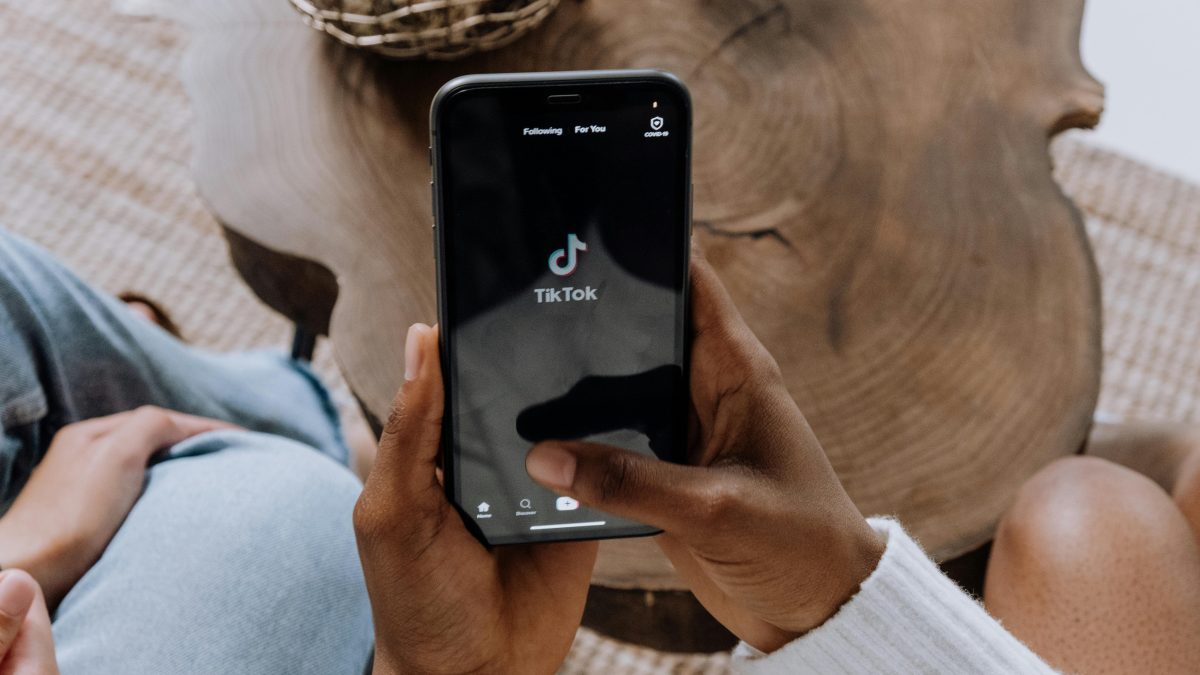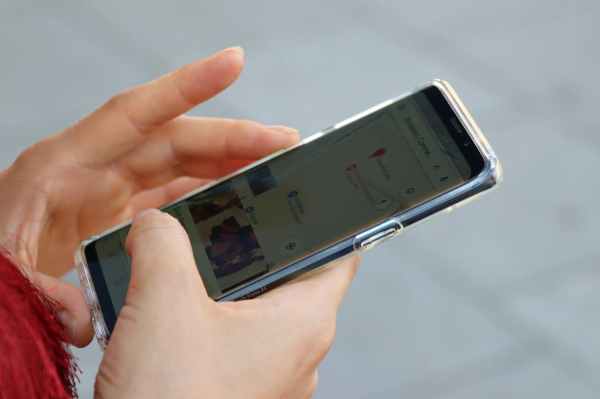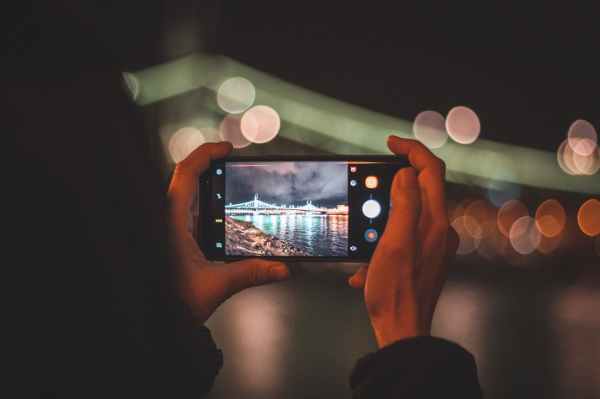What is nomophobia?
Nomophobia (no-mobile-phobia) is the irrational fear of being without your cell phone. It can arise from running out of battery, losing coverage, or simply not having the device nearby. And although it sounds exaggerated, it is a very real anxiety. It’s a kind of modern vertigo, closely related to excessive smartphone use and the constant need to be connected… even if we don’t really know why.
According to recent data:
- 7 out of 10 teenagers have some degree of nomophobia.
- 20% suffer from it intensely, with a real impact on their daily lives.
- The most affected age group: between 14 and 16, just when their brains are still developing.
I recently read an article referring to the results of the report “Nomophobia and academic performance: prevalence and correlation in young people”, produced by the University of Granada and published in January 2025. Although the study was conducted between 2022 and 2023, its conclusions could not be more relevant today.
More than 1,600 students between the ages of 12 and 20 were analyzed. The result? 44% of them admit that mobile phone use has a negative impact on their studies.
But what caught my attention the most was the data on boys and girls in secondary school. This is precisely the 12-17 age group that my daughter belongs to, and it is the segment that shows the most anxiety, discomfort, and emotional dependence on their phones. They are distressed by not being able to communicate instantly, they feel nervous if they cannot check notifications or social media, and they are terrified by the idea of running out of battery or losing their connection.
And most worryingly, this dependence is not just emotional. It also affects school performance. The study is clear: the higher the level of nomophobia, the lower the grades.
How does it manifest itself?
It is increasingly common to see teenagers who, when separated from their cell phones, feel a discomfort that is difficult to explain. It is not simple boredom, it is anxiety. A kind of emptiness that is triggered when the cell phone is not in their pocket, on the table, or in their hand.
Many look at it over and over again, even if there are no new notifications. It’s as if they’re missing something important if they don’t check it constantly: an Instagram story, a meme in a group chat, a message that may never arrive… but what if it does?
This need to be always available—to not miss anything—creates constant tension. And of course, when they have to study or concentrate, the simple fact of having their cell phone away can completely disrupt their attention.
At night, phones don’t stay out of the bedroom. Many sleep with them under their pillows or in their hands. They check them just before going to sleep, and sometimes even wake up to look at them again. This habit, which seems harmless, interrupts sleep, affects rest… and ends up taking its toll the next day: they are more irritable, more tired, less present.
Nomophobia doesn’t just steal time. It also affects mood, appetite, sleep, the way people see themselves… and how they connect with others.
But this fear doesn’t appear suddenly. It builds up over time. Like a spider’s web that slowly traps you: it starts with the need for validation, to be up to date, to not miss anything. It feeds on the fear of being left out, of missing out (FOMO), of fragile self-esteem… and, often, of a lack of clear boundaries at home. Because, let’s be honest, we don’t let go of our phones that easily either.
What are the consequences of nomophobia?
Nomophobia is not just a simple obsession with mobile phones. Its consequences, although sometimes invisible, can have a profound impact on the lives of teenagers. In terms of mental health, for example, a close relationship has been observed with disorders such as anxiety, depression, stress, and low self-esteem. When the phone becomes a kind of emotional lifeline, it becomes difficult to regulate our feelings without it. Little by little, the need to be connected all the time begins to take its toll: self-control diminishes, emotional intelligence suffers, and inner balance is disrupted.
As reflected in the University of Granada report, the impact is also evident at the academic level. Many teenagers admit that they find it difficult to concentrate, that they find it harder to read, study or simply be present. It is not that they cannot learn, but that the constant interruption of notifications, social media and video games distracts their attention. Their grades drop, as does their interest in studying and, with it, their motivation.
But perhaps one of the most painful effects is on their personal relationships. Even though they are in constant contact through messages, the truth is that nomophobia can distance them from the real world. They interact less and less face to face, which damages their bonds with friends and family. This preference for the digital world feeds isolation, discomfort in social situations and, in many cases, a deep sense of loneliness. The screen becomes a barrier between them and others.
What can we do as parents?
It’s not about demonizing technology or banning it for the sake of banning it. It’s about being there. Accompanying them. Watching closely and listening without judgment. As I mentioned in another post where I shared my concerns about the use of technology among teenagers, we can start with small gestures: suggesting mobile-free dinners, making plans where the phone is not the center of attention. Ask them what they like to watch, how they feel when they are on social media. And, above all, lead by example. Because if we can’t put down our phones, how can we ask them to do so?
This issue is not just about them. It’s also about us. It’s about how we educate them, how we communicate, what place we give technology in our homes. And, above all, it’s about how we help our children build a freer, healthier, more conscious relationship with their screens… and with the world that exists beyond them.







